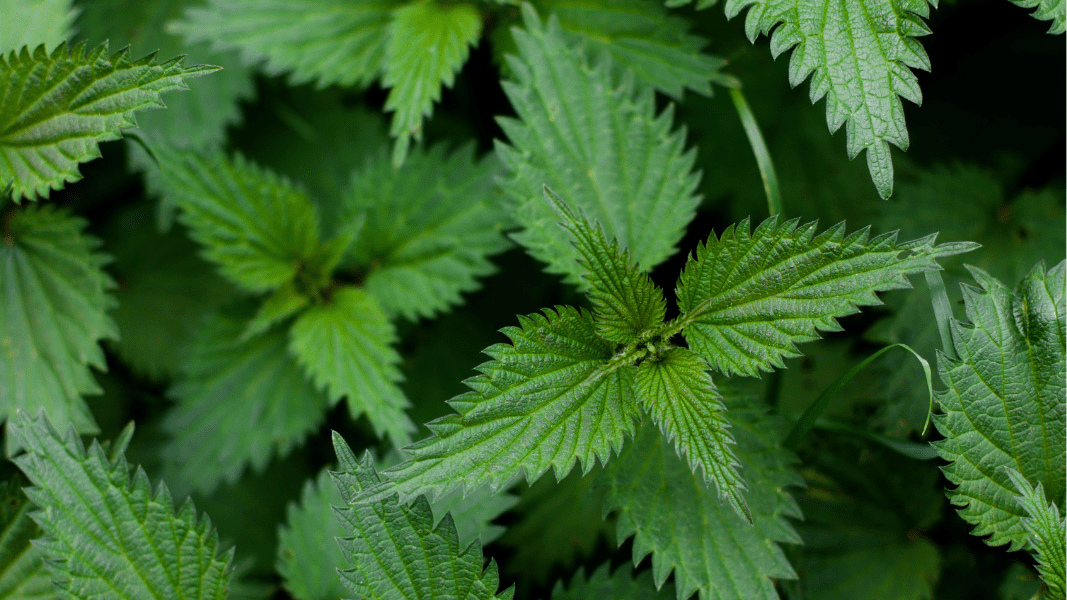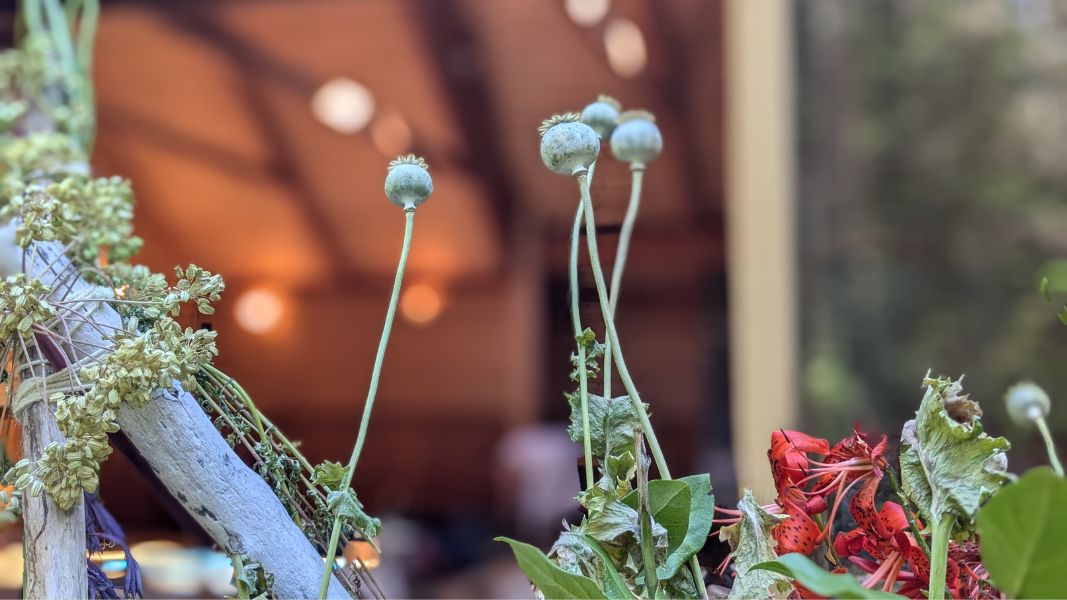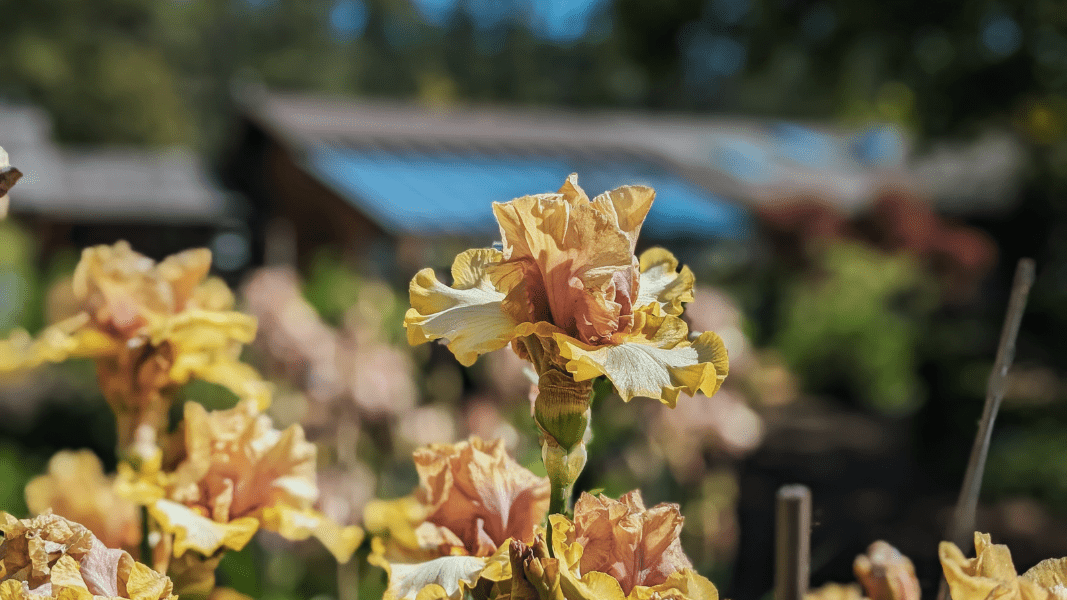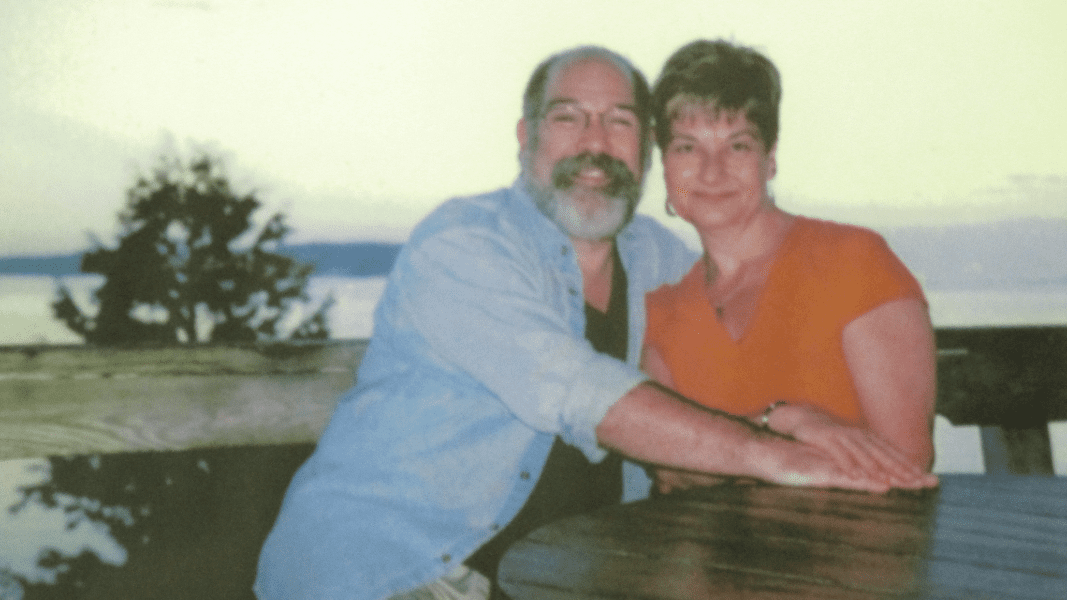Our article was originally published on Farah’s website DrishtiPoint.ca
F*** off! Stop texting me you moron. You have no respect and I’m not going to take it anymore.
OR
I’ve received your multiple phone calls and texts. Please don’t contact me. I need time to figure out my feelings and sort things out. I will be in touch when I’m ready to talk.
What do these two conversations tell us about the liver? How can we be empowered to express our emotions in ways that are authentic and don’t project blame or harm others?
Let’s take a look at how Traditional Chinese Medicine (TCM) and Medical Qigong view emotions. In TCM, emotions are associated with the Organs and when we are in emotional flow, the Organs are in flowing harmony and visa versa.
The Liver is responsible for the smooth flow of Qi or energy in the body. A smooth flow of Qi ensures balanced mental-emotional states. A harmonious liver processes nutrients, dispels chemicals, and synthesizes hormones. In the face of conflict, a balanced liver processes information from conversations and relationships, sets healthy boundaries, and integrates new information with ease.
Anger can signal a physical imbalance (thirst, hunger, lack of sleep); an emotional imbalance or an organ imbalance. Impatience or irritation can simply be due to low blood sugar, tiredness, or lack of balance and nutrition. If the Liver is backed up, out of balance or over-worked; emotions, like anger, can build up and explode.
As an emotion, anger is an intelligent protective response designed to keep us safe physically and emotionally. Anger gives us energy and focus to act, stand up for ourselves, assert our needs, and defend our integrity. This is the Liver’s emotional protective response in action as a strong leader and peaceful warrior.
According to TCM, the Liver has a has a warrior spirit. The Chinese character of Liver is Gan. Gan is a shield that protects flesh. Hence, the Liver’s function is its innate ability to defend and protect. When the Liver is stuck or stagnant, this warrior spirit can react or attack. In contrast, when there is ease, anger can serve its protective purpose without causing harm to others.
In addition to being an protective response, anger can also mask pain, hurt, frustration, disappointment or a threat to our values and beliefs.
Unresolved long-term held anger hardens the heart, stresses the nervous system, creates walls in relationships and blocks us from connection. From an energetic perspective, unresolved anger can indicate excess heat and stagnation. We might feel we simply don’t have the ability to slow down and process because of this imbalance happening from within.
Anger in context of a conflict shows up as blame, insistence on being right, demands, threats, and controlling behaviour. When anger visits us, it is helpful to remember three things: take time out, move, and breathe.
The body loves to move and flow. Since the Liver is responsible for flow in the body, when we move mindfully either through yoga, Qigong, dance, etc, we increase circulation and support the functioning of the Liver. After moving, we may find ourselves much less reactive. When we combine mindful, intentional movement with emotional intelligence we have the potential to turnaround long-term patterns that might be sabotaging our life. Even a deep breath can be a significant movement that can slow down the momentum of anger and invite the deep flow that is the intelligent, gentle, compassionate warrior spirit of the Liver in balance.
Learn more about the organs and their connection to emotions at Organs and Emotions, an innovative retreat that combines Qigong, neuroscience, and mindful communication. Sept. 16- 19 2018 at Hollyhock.
Mark your calendars! Join Farah & Jennifer on Facebook Live, August 19th at 11am, for a free movement meditation, discussion, and a few short exercises to help manage your emotions wherever you are.
[/vc_cta]









